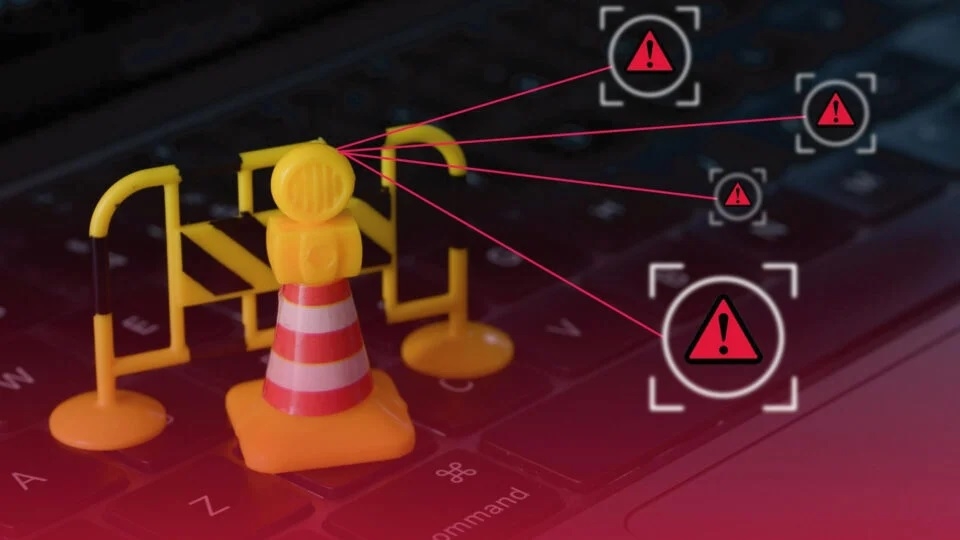Revolutionizing DevOps: How AI Transforms Monitoring and Incident Management

As systems grow increasingly complex and interconnected, the challenges facing DevOps teams become more intricate. Hybrid infrastructures, microservices, and real-time operations strain traditional tools, paving the way for artificial intelligence to revolutionize how DevOps operates.
This evolution isn’t just about automation—it’s about reimagining how teams monitor and respond to issues in dynamic environments. AI promises smarter, faster, and more efficient DevOps processes, particularly in monitoring and incident response.
Reinventing Incident Response
Traditional incident response often involves hours of log analysis to pinpoint root causes and deploy fixes—a process prone to errors and delays. AI revolutionizes this by introducing speed and precision.
Machine learning models can analyze log files, configuration data, and performance metrics almost instantaneously, identifying root causes with remarkable accuracy. AI-driven systems can also automate recovery processes, resolving incidents far faster than human teams alone.
For example, if an e-commerce platform experiences peak traffic, an AI system can quickly identify server bottlenecks and address them, preventing disruptions to the user experience. Moreover, AI learns from each incident, continuously improving its ability to prevent similar issues in the future.
Addressing Concerns About AI
The introduction of AI in DevOps has sparked concerns about reliability, bias, and the potential to replace human expertise. However, these fears often stem from misconceptions.
AI doesn’t replace human judgment; it enhances it. By automating repetitive tasks and delivering actionable insights, AI allows DevOps teams to focus on strategic decision-making.
Organizations must ensure data quality and address potential biases to maximize the accuracy of AI-driven outcomes. While adopting AI requires investment and cultural shifts, the long-term benefits—reduced downtime, faster incident resolution, and operational efficiency—far outweigh the costs.
Strategies for Successful AI Adoption
To fully harness AI’s potential, organizations must implement it thoughtfully. Selecting the right tools, such as Splunk or Dynatrace, is crucial. These solutions offer tailored features for DevOps environments.
Seamless integration is key—AI should enhance existing workflows rather than disrupt them. Additionally, building expertise within teams ensures a harmonious blend of AI capabilities and human intuition. When strategically deployed, AI can elevate DevOps to unprecedented levels of efficiency and effectiveness.
To Know More, Read Full Article @ https://ai-techpark.com/ai-devops-monitoring-incident-response/
Related Articles -
Data Literacy in the Digital Age
AI-powered Mental Health workplace Strategies
- Questions and Answers
- Opinion
- Motivational and Inspiring Story
- Technology
- True & Inspiring Quotes
- Live and Let live
- Focus
- Art
- Causes
- Crafts
- Dance
- Drinks
- Film/Movie
- Fitness
- Food
- Giochi
- Gardening
- Health
- Home
- Literature
- Music
- Networking
- Altre informazioni
- Party
- Religion
- Shopping
- Sports
- Theater
- Wellness
- News
- Culture

